“Time outs” have been popular with parents for generations. Talking about the drawbacks of time outs is controversial.
You may disagree with us; you may agree with us. But chances are you will not be neutral on this “hot” topic.
Here’s a situation…
The baby knocks over the toys that her big sister, Lisa, has been diligently setting up for the past 30 minutes. In frustration, Lisa hits her baby sister.
How would you respond?
Many parents would say, “Lisa, we don’t hit people. You get a time out.” They would put Lisa in a chair and tell her to “think about what she has done”.
We can think of 4 basic reasons why parents use “time outs”. There could be more, but this is what we’ve come up with….
- Parents intend for a time out to be a loving message to a child who has made a poor choice.
- Parents think that a “time out” is more gentle than spanking.
- Parents want kids to think and reflect about alternative ways of handling the problem.
- In the future, they hope that a child will stop behaving in a particular way and start acting in a way that they think is acceptable.
If this is why parents use time outs, then here’s the big question…
Do time outs actually accomplish what we think they do? Let’s examine these one by one…
Alfie Kohn, in his book Unconditional Parenting, says that parents punish their kids because they love their kids. However, how we feel about our kids isn’t as important as how they experience those feelings. Said another way, it’s not what the teacher teaches, it’s what the learner learns.
Kohn says, to a child, a time out could be experienced as a “withdrawal of love”. The child could get the unintended message of “I don’t love you when you act that way” or “When you do things like that, I don’t even want to be around you” or that our love for them is based on how they act. A time out might include refusing to respond to a child, a parent walking away, or child being sent to a certain place against her will.
While a parent may intend for a time out to be a loving response, the child could perceive it as a “withdrawal of love”.
In Unconditional Parenting, Kohn writes that time outs, just like spanking, make kids suffer in order to change their behavior. If the child sees the time out as a “withdrawal of love” it poses the ultimate threat of abandonment or separation from the parent. For a child, this emotional discomfort can stay around for longer periods than the physical discomfort, even of a spanking.
Time outs are not a mild form of punishment.
Kohn says that children who are punished focus on the results of their action on themselves rather than the impact they’ve had on other people. Said another way, a child in time out isn’t thinking of what they could do differently next time, they are thinking about how they don’t like their parents or their sibling, or how they can do it next time without getting caught.
Kids in time outs are thinking, but not about better ways to handle the situation next time.
Kohn says that controlled studies reveal when love withdrawal is used, even with 1 year olds, they will more quickly comply BUT kids can react to it in ways that create more occasions for discipline.
Research shows that the more kids feel controlled (by others telling them what to do, criticizing, or even praising them) the greater their resistance is to what the parent is trying to teach them, and the more unstable the child’s sense of self and identity. Even college students with overly controlling parents are more compliant, but because they don’t feel like they have a real sense of choice, their happiness is short lived, and they are more likely to feel guilty and ashamed.
Time outs exact a toll on children’s emotional health. Studies cited in Unconditional Parenting show that poor emotional health is associated with lower self esteem, an increased likelihood to engage in delinquent acts, increased chance of depression, anxiety, and avoidance of intimacy as a young adult.
Conclusion: Time outs may be effective for temporary compliance, but they have a considerable impact on children’s emotional health beginning at young age, that can last even into adulthood.
What parents usually say next is, “Ok, no more time outs. But what can we do instead??”
Well, next week we’ll talk about alternatives to time outs—that’s when things get really fun. But before we do, we wanted to hear from you.
What are your favorite alternatives to time outs?
What respectful things do you do in your family to create cooperation?
Put your ideas in the comments section.
Thank you.
Cecilia and Jason Hilkey

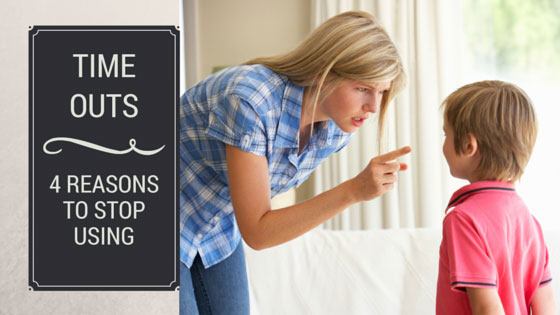

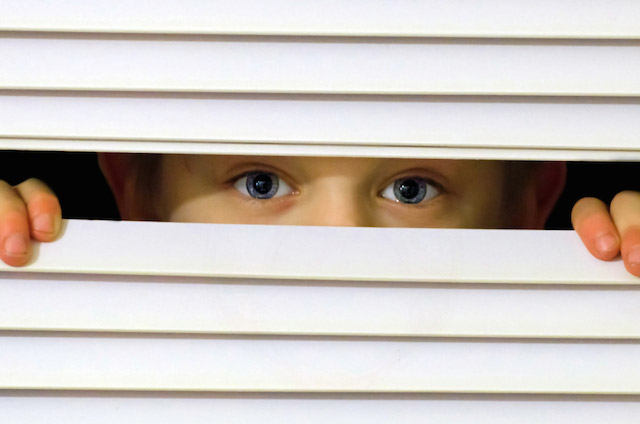



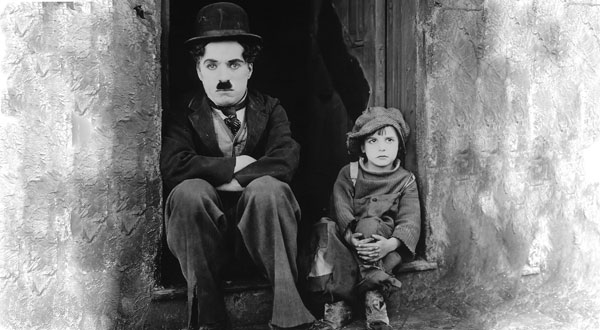
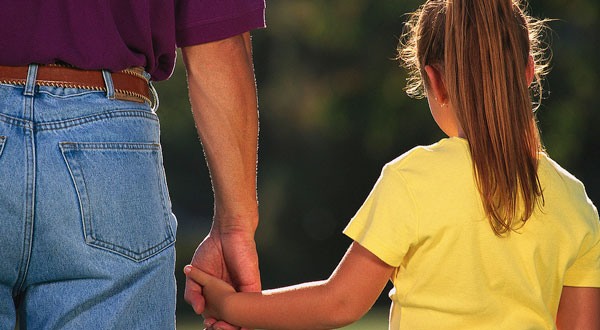
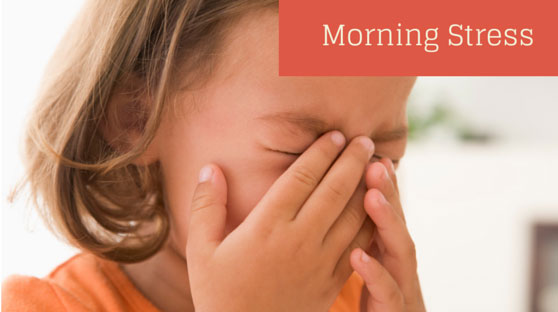
Hi. I never realized that praising children can not be the best idea. It is showing that we care only when they accomplish something and that is conditional love. I still cheer for young children and it is very hard not to when they “fail.” When I took one of my favorite classes of Child Development, one of the assignments was to present different approaches and authors of discipline; Alfie Konh was my assignment and his book Unconditional Parenting was the base of it. It really is a life style what is needed to be changed; an every day living life where parents and children interact and complement each other. Celebrating accomplishments day in and day out helps us, as family, function as a family, but not only when parents “think” that the child has accomplished something, but celebrating the child’s effort to do his/her best and to enjoy what they are doing. After all, children will remember our smiling faces and kind works, all of our encouragements and loving words; is it not what we all remember?
Loving and showing our children will impact them for the rest of their lives; but most of all, the way we show them our love.
You really said it well, Lorena! It is a lifestyle change. I know for me, when I shifted my image of my children to being competent and collaborators, my parenting shifted. Thanks for your comment!